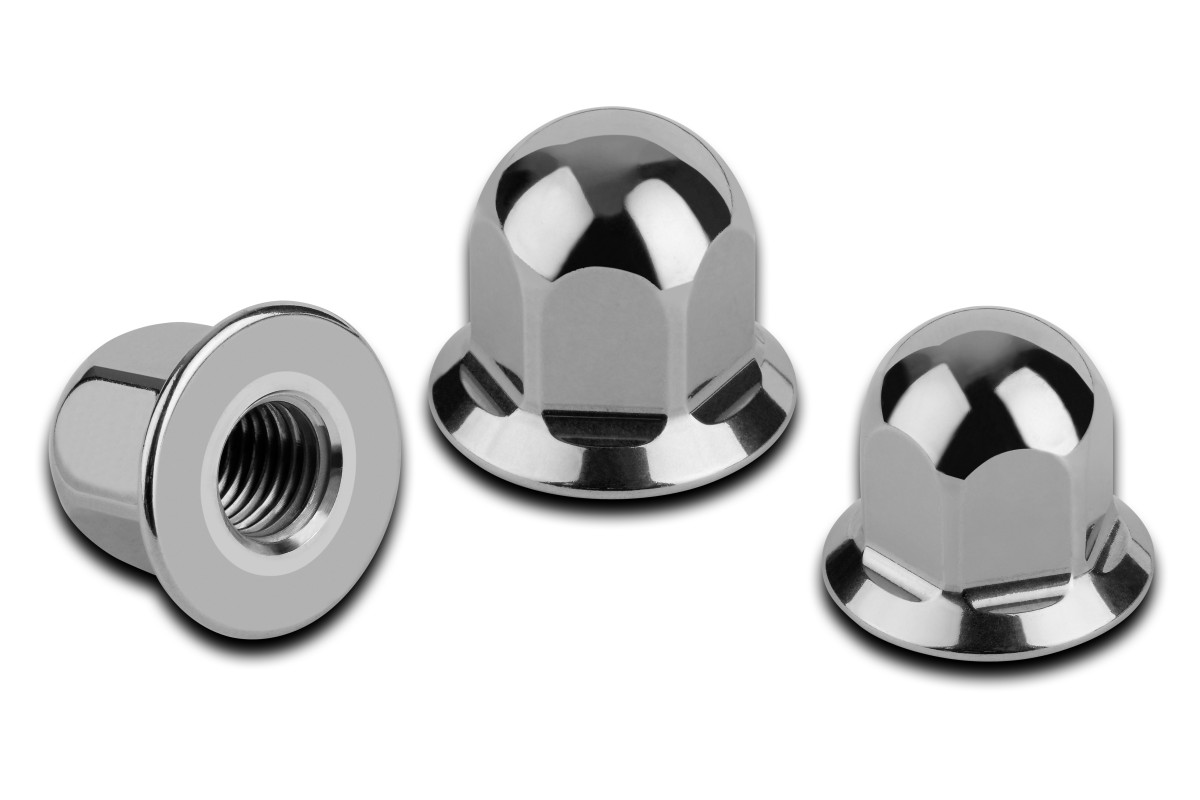The Benefits of Using Stainless Steel Nuts and Bolts
08/04/24
Why Stainless Steel is corrosion resistant

Stainless steel fasteners are one option to think about that has several benefits when deciding which fasteners to employ for a construction job. When transitioning from the design phase of project management to construction, careful preparation is necessary, thus it's critical to employ the right materials where necessary.
What is stainless steel?
A wide variety of corrosion-resistant steel alloys are together referred to as stainless steel. These alloys may contain the following elements: silicon, carbon, nitrogen, phosphorous, sulphur, chromium, nickel, iron, manganese, silicon, molybdenum, titanium, niobium, copper, tungsten, and vanadium. The properties of the resulting alloy vary with changes in the proportions.
Why is Stainless Steel corrosion resistant?
Low carbon steel with at least 10.5% of its weight in chromium is called stainless steel. Steel's ability to resist corrosion is attributed to chromium, which causes an imperceptible passive layer of chromium oxide to grow on its surface. When this layer has access to oxygen, even in modest amounts, it can heal itself in the event of mechanical or chemical injury. Increasing the amount of chromium in stainless steel and adding additional elements like nickel, molybdenum, and titanium to the alloy can improve its resistance to corrosion.
